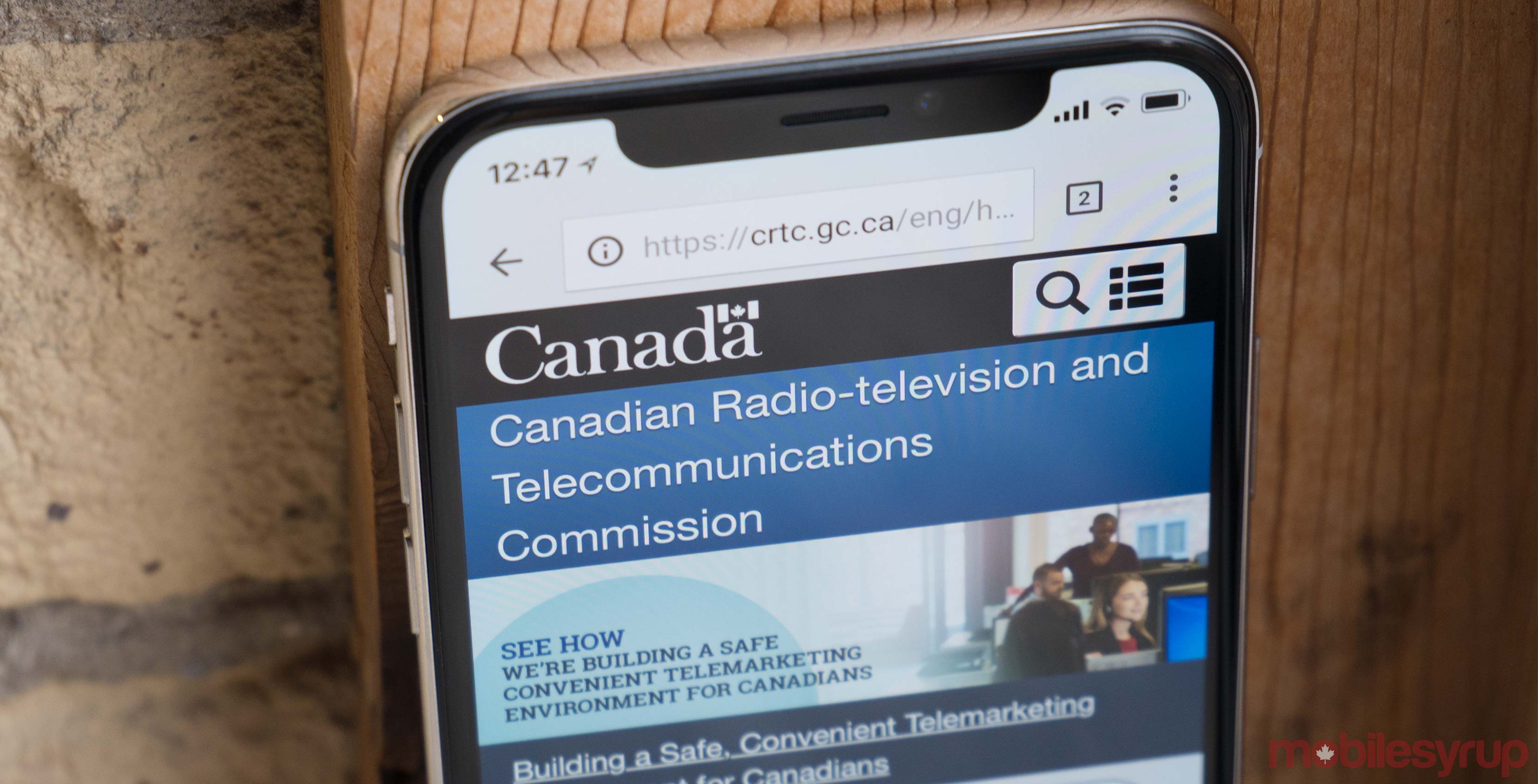
A new Internet Code to protect Canadians from unexpectedly high bills and resolve disputes with Internet Service Providers (ISPs) will go into effect on January 31st, 2020, the CRTC has announced.
The Canadian Radio-television and Telecommunications Commission (CRTC) stated in a news release that when the code comes into effect it will offer Canadians easy-to-understand contracts, documents and policies around service calls, outages, security deposits and disconnections.
The new code will allow Canadians to have a better understanding of prices, especially for bundles, promotions and time-limited discounts.
It will also offer bill shock protection by offering “notifications when customers approach and reach their data-usage limits,” the release said. That means the ISP needs to notify a customer when they reach 75 percent, 90 percent and 100 percent of their data-usage limit within a single monthly billing cycle.
It added that it will also offer the flexibility of permitting a customer to “cancel a contract within 45 days without paying early cancellation fees, if the contract differs from the offer.”
The new code will apply to large ISPs including Bell, Cogeco, Eastlink, Northwestel, Rogers, Telus, SaskTel, Shaw Communications, Videotron and Xplornet, the commission said in its decision.
It added that the Commission for Complaints for Telecom-television Services (CCTS) will administer the new code when it goes into effect.
It is important to note that consultations for implementing an Internet Code began last November 2018 and the second set of consultations occurred in February this year for more input from Canadians.
While consultations for the code were underway, the CRTC released its report on telecommunications companies practicing unsavoury and misleading telecom sales practices on February 20th. It was a few months after the CRTC held a hearing in October 2018 that looked at over 2,000 interventions from carriers, Canadians, industry leaders and professionals.
The report determined that there were misleading or aggressive retail practices present in the industry.
“These practices exist in all types of sales channels, including in-store, online, over the telephone, and door to door. They occur to an unacceptable degree; they are harming Canadian consumers, in particular, vulnerable Canadians; and they are a serious concern for the CRTC,” the commission said.
In that report, the commission said it was considering a new mandatory Internet Code and strongly believed that many in the industry wanted this to be established.
The proceeding helped the commission determine solutions to issues surrounding unsavoury business practices of ISPs. The consultation sought information with respect to input on its content, implementation, administration, enforcement and promotion.
The code would essentially be another document to refer to alongside the Wireless Code that was established in 2013 and the Television Service Provider Code that was established in 2017.
The CRTC said it intends to review the code within three years “to ensure it is an effective tool in resolving customer complaints.”
MobileSyrup may earn a commission from purchases made via our links, which helps fund the journalism we provide free on our website. These links do not influence our editorial content. Support us here.


